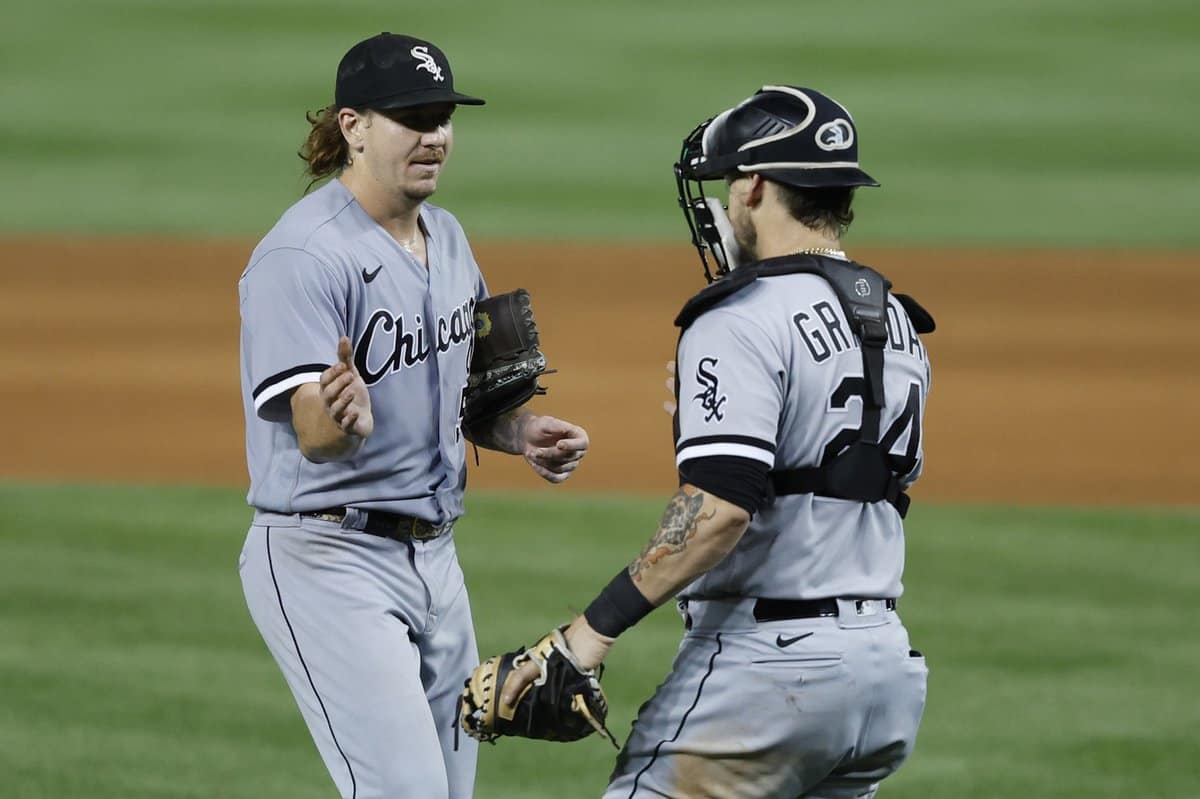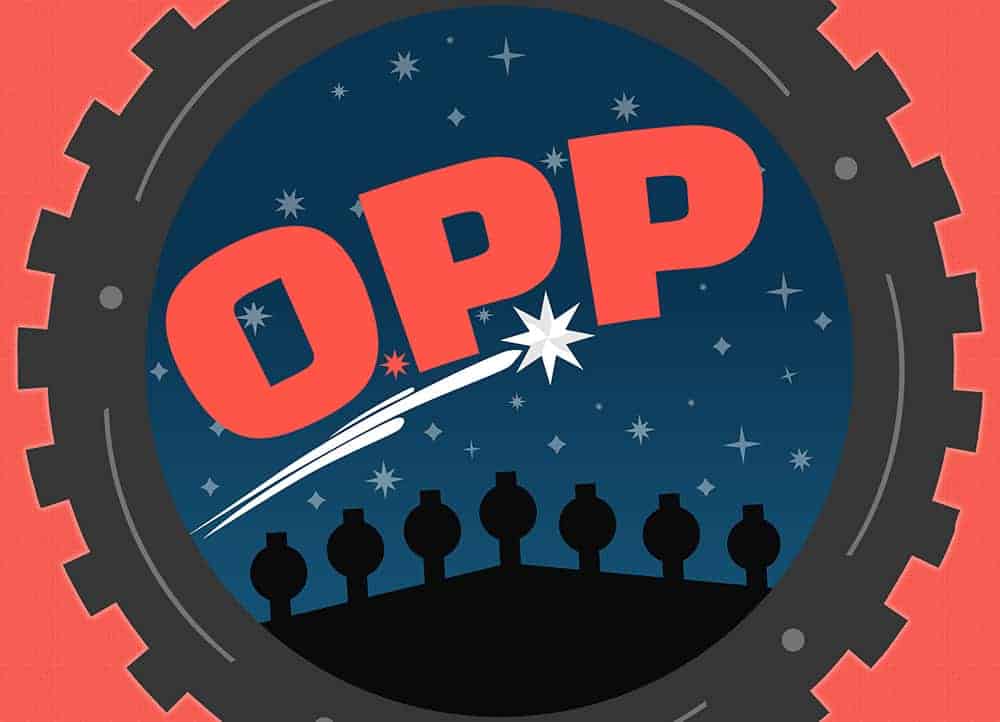On his "Foul Territory" show last week, A.J. Pierzynski asked Chris Getz what a successful season would look like to him, given that the typical benchmarks don't apply. Getz started by saying, "We've got to earn the trust of our fans back, we've got to establish some credibility..."
And then Pierzynski interrupted him to say that Rick Hahn opened the 2023 season by saying the same thing.
"Didn't Rick say that last year?" Pierzynski asked. "We have to earn the trust back?"
Indeed Hahn did. Unfortunately, Pierzynski left Getz an out by turning it into a two-part question -- "Why should fans watch?" -- and Getz used the off-ramp to talk about aspects of the 2024 White Sox fans should look forward to.
The better question is why the White Sox so continuously find themselves acknowledging that nobody trusts them. Then again, Getz kinda answered it a few days later by repeating a decision that eroded a lot of the remaining faith in Hahn.
The White Sox made the Mike Clevinger signing official Thursday afternoon. He's back for a $3 million base salary with up to a reported $3 million in incentives, and he took the 40-man spot of José Rodríguez, who was designated for assignment.
If you care about the math, that's less than Clevinger would've made by accepting last year's $12 million mutual option. He instead took a $4 million buyout, so $8 million was the number he had to meet on his 2024 deal to break even. At best, he'll come up a couple million short. Perhaps the lack of a lump sum at the end of the term will make him more tradeable this time around, but given the contract Clevinger had to settle for despite being one of baseball's best bargain-bin pitchers last year, the backloaded nature apparently wasn't the only thing deterring interest.
Worse pitchers have signed for more money, so Clevinger's contract isn't controversial in an economic sense. Likewise, there's little argument against signing Clevinger in terms of talent, especially for a team like the White Sox.
The baseball reasons are obvious. The White Sox are one turn through a rotation that remains only 80 percent finished. Michael Soroka and Chris Flexen combined for one strikeout and seven whiffs over 162 pitches, so the White Sox might dread how those characteristics fare over 162 games. Throw in Touki Toussaint's relapse and Jared Shuster giving up four homers in four innings for (and away from) Charlotte on Saturday, then combine it with the happier problem of not knowing what Garrett Crochet ultimately can do over the course of a month, let alone a half or season, and that's five starting pitchers whose absences you have to account for to one degree or another.
A pitcher with Clevinger's talent and track record provides welcome protection, yet Clevinger is mostly unwelcome on the outside because it's not a straightforward baseball decision. It's somewhere between a risk-reward calculation and a moral quandary, and the White Sox seem to be the only one willing to take it on.
On one hand, it should be easier to accept this time around. Clevinger played out his contract last year without further incident, so understanding how it could work well enough requires no imagination. If you can believe in the absence of bad news, he's even further removed from the investigation with no signs of recidivism. You might never trust him, but with just about every other part of the 26-man roster in utter disarray, signing Clevinger is as unpleasant as farting in a landfill, relatively speaking.
On the other, the White Sox might've missed an opportunity to quit while they were ahead. Now, when you see them signing Clevinger because they're already planning contingencies on multiple starting pitchers to whom they gave guaranteed contracts, and when news of the signing broke around the same time the White Sox were losing 9-0 and starting an inning without a first-base coach, it lends a feeling that everything is out of order and nobody has any real idea what they're doing.
And Chris Getz might not know what he's doing. There's no way to tell. The standards he's established for success are laughably low, and between Omar Vizquel and Wes Helms, his track record with regard to HR matters is spotty. Pedro Grifol praised Clevinger's conduct with the White Sox, but he spent the entire season either misreading or misrepresenting the quality of the clubhouse, so he's an unreliable narrator, too.
Neither has ignorance as an excuse, which is something Hahn had going for him, even if he admitted that Clevinger was a calculated risk due to other documented instances of immaturity. Getz is thinking that what they've learned in the 16 months since signing Clevinger the first time puts them in a better position to sell and manage the signing.
"Based on the information we have now, we’re very comfortable with having Clev join the White Sox and be part of our major league club eventually," Getz told beat reporters today, including our James Fegan. "But I certainly understand the sensitivity here and I don’t want to be dismissive of that at all. But we wouldn’t be doing this unless we were very comfortable with the situation. And the reason we’re most comfortable is based on the investigation that have taken place beyond the Chicago White Sox."
And that could be true, alongside internal Sox insistence that Clevinger was wanted back by players. When it comes to the public trust, however, he's writing a check using insufficient funds. Now White Sox fans are back to negotiating the value of Clevinger's presence among themselves, which is one of the few things more exhausting than watching the team itself.
When MLB's investigation into the domestic abuse allegations concluded last spring and Clevinger was given the OK to play, it was going to be an uneasy situation, but I wrote that Clevinger could still serve a purpose for the other 25 players and the coaching staff:
In this sense, I’m regarding Clevinger like roster asbestos. Ideally, he wouldn’t be around anymore, but the Sox don’t want to pay the expenses for removal when it’ll remediate itself in a year, and he might actually serve his original purpose of insulation if there are no disturbances. There just happens to be a pattern of disturbances, and if what’s settled becomes unsettled, it’s going to make a lot of people sick.
The asbestos indeed departed, but it's like Getz tried re-insulating the house with a Hefty bag of crumbling promotional koozies, and when that failed, he was all like, "Hey, we didn't throw out that asbestos, did we?"
We're rehashing the same irresolvable arguments with lower stakes ... unless they're higher stakes. Sure, the White Sox don't have the faintest hopes of contending this time around, but they're also running the risk of being a damaging kind of awful, where the level of talent is so dire that nobody can be put into a position to succeed. The value of going from 83 to 87 wins is understandable. The value of winning 60 games instead of 55 is murkier, but that probably means the White Sox reduced the number of catastrophes, or their reading on the Richter scale.
That's probably what has allowed the White Sox to talk themselves back into Clevinger: Few might root for him, but his presence makes it easier to have other individual best interests in mind. For example, adding one more MLB-caliber starting pitcher gives Nick Nastrini a more forgiving environment to start a big league career (Getz said that Nastrini was under the weather during his tough three innings against Norfolk Wednesday). Nobody should want any members of the next good White Sox team to suffer for having to prop up this mess.
Getz just missed a big opportunity to give the team a different feeling, especially when it runs counter to the idea that White Sox fans will appreciate the intangibles. It's a problem that the White Sox couldn't make themselves more appealing for literally anybody else. Clevinger might be coming back at a discount, but the White Sox didn't make themselves above him like the rest of the league managed to, so it's hard to tell who is crawling back to whom.
Everybody knew that this White Sox roster was bad, so much so that the typical level of spring training optimism had fans dreaming about their team losing games by scores of 5-3 instead of 12-2, so it doesn't take many 9-0 losses to start worrying about the bottom completely falling out. The White Sox painted themselves into this corner with their demented levels of insularity, to where the only ways out are torturous or gross. The catch is that the gross way doesn't actually guarantee less pain, so it requires a measure of unearned trust that the White Sox won't come out filthier for it.





